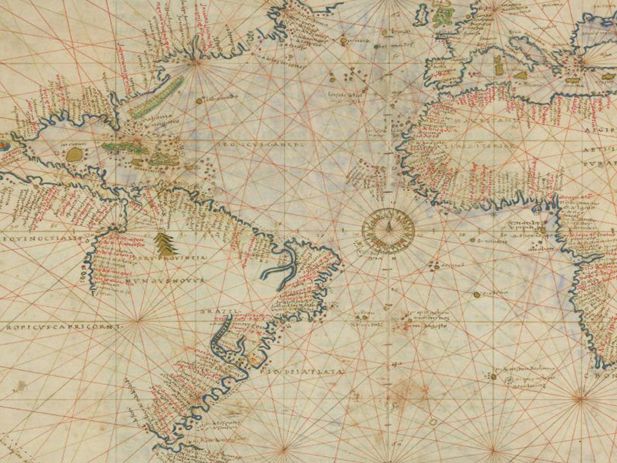'Resisting Global Hierarchies of Value in Cultural Heritage: No Escape?'
- Dates
- Thursday 17 March 2016 (09:30-15:30)
- Contact
To register to attend this workshop please email Sarah Jeffery.

A Roundtable Discussion with Professor Michael Herzfeld
Workshop lead: Professor Mike Robinson
Powerfully and persuasively Michael Herzfeld sets out in his book ‘The Body Impolitic’, the idea of a global hierarchy of value, as a framing device – arguably almost a mode of entrapment - for nations and individuals and all that lies in between. Class, regional cultures, ‘local’ cultures, and notions of national identity swirl and spiral around in hierarchies from the dominant world systems and structures of capitalism, consumerism, the legacies of colonialism and ideas of a universal morality. Modernity and mass production conspire to shape lives and activities, aesthetics and ethics. Everyday-life attempts to differentiate and de-differentiate, find themselves complicit in emphasising extant hierarchies; caught up in reproducing what effectively become marginalities and creating new ways of working with old stereotypes, global imaginaries and hegemonies.
Herzfeld’s notion of hierarchies breaks the simplistic and meaningless mould of ‘globalisation’ into a much more nuanced process which links the macro-scale to micro-scale and is observed, practiced and performed in the everyday, in intimate, embodied relationships. The fields of heritage and tourism are important and instructive arenas to examine global hierarchies of value. The pervasive discourse of UNESCO’s World Heritage and Intangible Cultural Heritage, national processes of heritage designation and the increasingly inter-linked global system of leisure travel, crossing as it does into surveillance and recording, shapes human relationships with, and individual and community responses to, our understandings of the past and how these are negotiated.
The aim of this roundtable is to explore how individuals, communities, sites, regions and nations are seen to resist global hierarchies of value in, and through their, heritage and traditions by virtue of different strategies and tactics. Can such values be resisted or reformed? Can we conceive of terrorist attacks on international tourists and the iconoclasm of ISIS as a mere denouncement of the modernity and ‘western-ness’ of these values? Is the alternative production of localised heritage just a manifestation of global values? To what extent are the discourses of heritage disrupted by new mobilities and multi-vocality? Is there a collective memory that reaches beyond the global hierarchy of value? Can societies escape the power of tradition – imagined, real and self-inscribed?